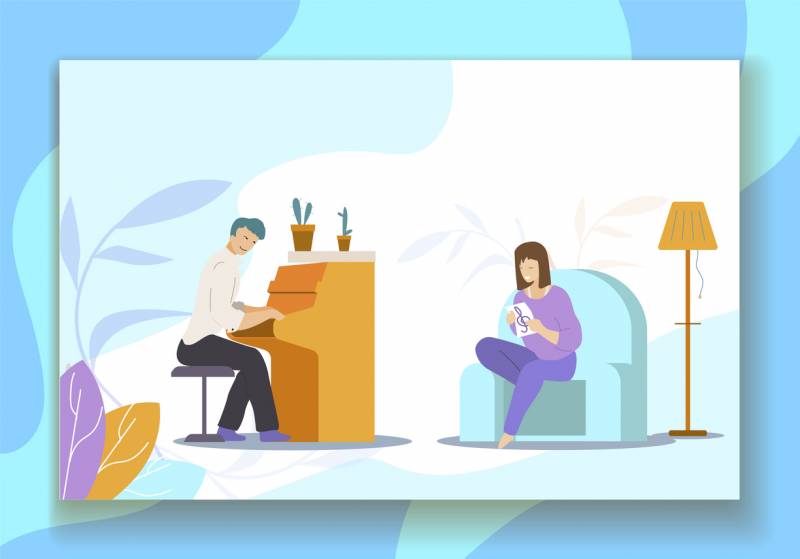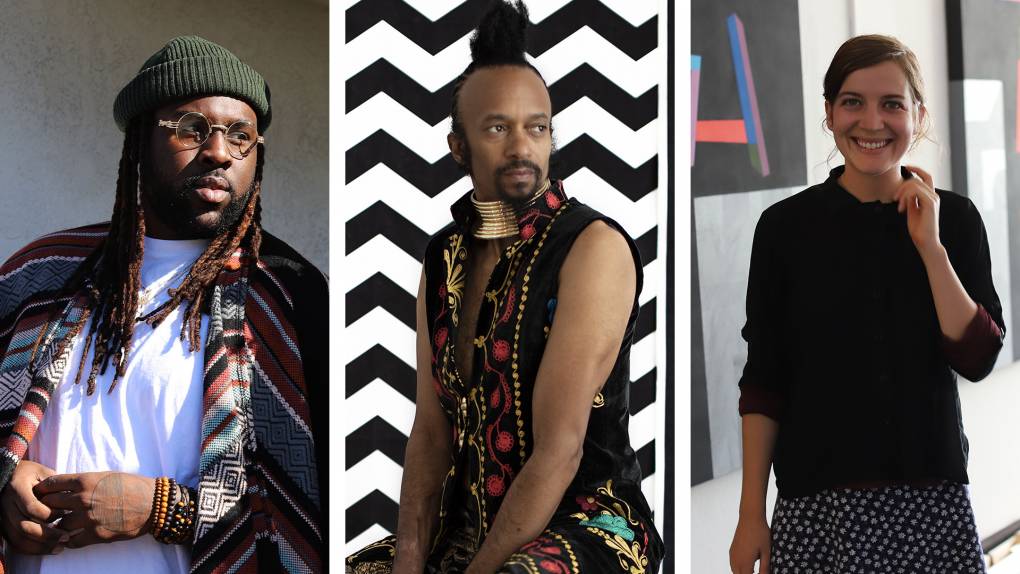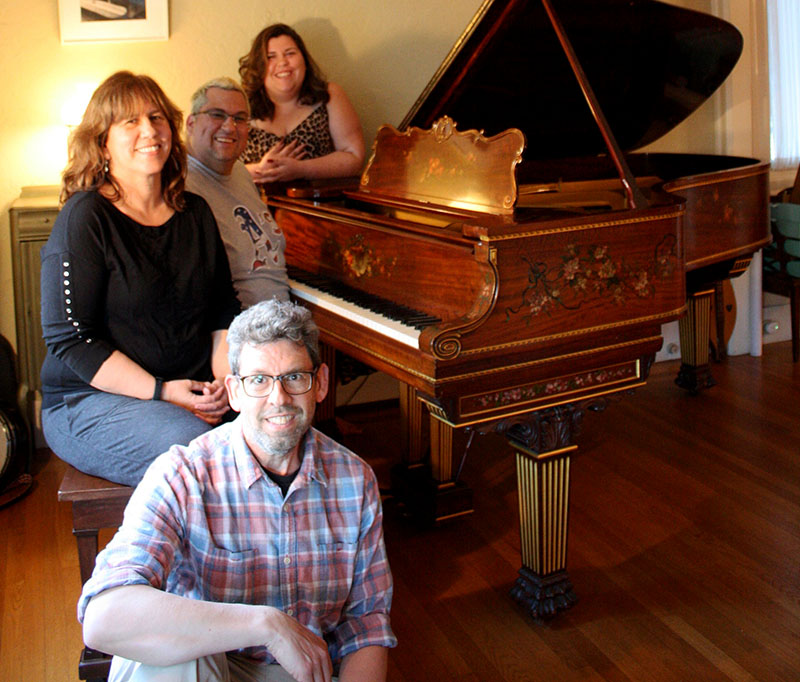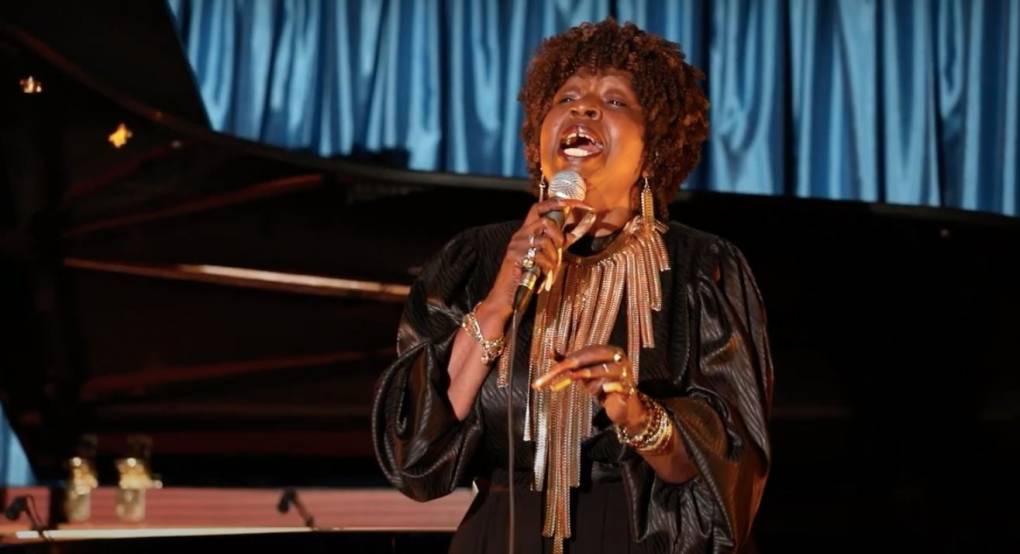When it comes to impulse purchases, pianos don’t usually make the cut. It’s not just the expense, which can range from several thousand dollars to the low six figures. Unlike acquiring a ukulele, harmonica or guitar, buying a piano often requires expert hauling and rearranging your furniture.
After months of intermittent lockdown, people have had plenty of time to consider the implications of procuring a piano, and many are fulfilling a long-held dream. In a development that may help reshape American culture for years to come, buying a piano has become a rite of pandemic passage almost on par with adopting a dog. The instruments are in such demand that showrooms are running low, and people are waiting months for delivery.
An unscientific survey of Bay Area piano dealers found that sales are up across the board, with surging demand for new and used instruments, both uprights and grands. In fact, 2020 was a banner year for some dealers, even after losing at least two months of business due to the initial lockdown and extremely limited showroom access ever since.
“Right about mid-May we made a U-turn, and since then we’ve done more business than ever in 40 years,” says Jim Callahan, proprietor of Oakland’s Piedmont Piano Company, who also transformed the store’s highly regarded concerts into a well-produced livestream series featuring top artists in jazz, soul and Brazilian music.
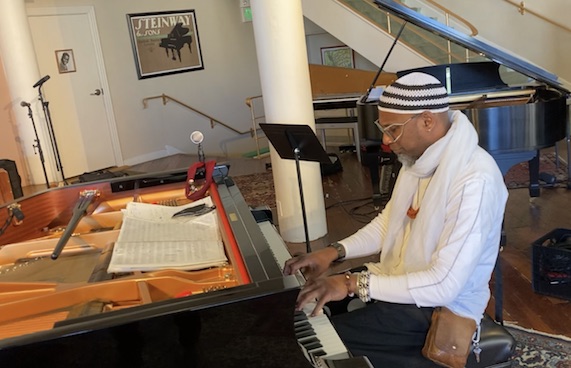
But it’s not all good news in the piano biz. Like many showrooms, Piedmont Piano also rents out studio space for practicing—a revenue stream that disappeared with the pandemic—along with a lucrative rental service that provides instruments for concerts, weddings and corporate events. But with the spring pirouette to online sales followed by appointment-only visits for one customer at a time, Callahan has found that the pandemic has unleashed pent-up demand.
